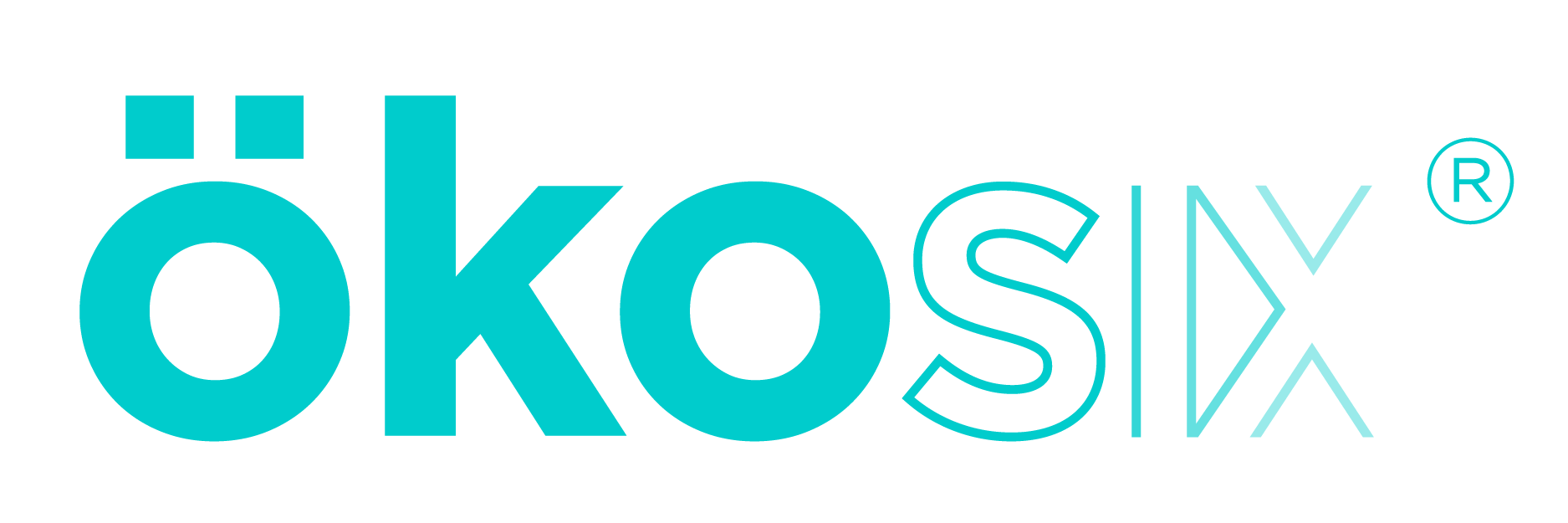
Plastic pollution is a global problem. In recent years, many materials labeled as "biodegradable" or "photodegradable" have appeared on the market as alternatives to single-use plastic packaging. However, most products are not truly fully degradable as commonly understood; some even break down into microplastics that enter the human body through the food chain, causing diseases. The environmental tech startup ÖKOSIX produces "bio-based materials" from plant starch, cellulose, and sugarcane, achieving a biodegradation rate of 90.6% within 90 days and complete biodegradation within 6 months, offering greener solutions for sectors such as construction and healthcare.
Plastics are difficult to degrade naturally. The traditional approach is recycling to give plastics a second life. Current recycling processes first separate materials like PP (Polypropylene), ABS (Acrylonitrile Butadiene Styrene), and PE (Polyethylene) using sorting machines, then melt the fragments into pellets with screw machines for further product manufacturing. However, each cycle of shredding and melting reduces the plastic's hardness. Eddie Yu, co-founder and CEO of ÖKOSIX, explained that for PE, hardness drops by about 30%, making it unsuitable for high-strength applications. ÖKOSIX’s "ECO Tech" technology adds plant-based PE during pelletizing, mixing it with recycled petroleum-based PE to enhance hardness while increasing the "bio-based content," thereby reducing environmental pollution.
ÖKOSIX has processed about 10 tons of plastic waste
Since the project's launch earlier this year, ÖKOSIX has processed about 10 tons of plastic waste. The company is currently negotiating with a gas company to use leftover PE gas pipe scraps to make pallets and is preparing related material tests.
The gas company supports local environmental and climate tech startups, hoping to implement such technologies to jointly reduce waste and carbon emissions.
In the medical field, single-use plastic products are unavoidable, but eco-friendly plastics can reduce pollution caused by these disposables. Eddie explained that eco-friendly plastics have a production process similar to traditional plastics but use plant-derived raw materials. Since plants absorb carbon dioxide during growth, their production helps offset some CO2 emissions, achieving "carbon reduction." During the pandemic, ÖKOSIX developed biodegradable mask materials from plant starch, cellulose, and sugarcane, creating Hong Kong’s first ASTM D6400-certified medical-grade mask with oxygen degradation testing.
Technology Wins Gold at Geneva International Exhibition of Inventions
Eddie admitted that biodegradable raw materials cost 2 to 3 times more than traditional plastics and face performance challenges such as lower hardness and heat resistance. ÖKOSIX overcomes these by material substitution and production optimization, using electrospinning machines to produce innovative biodegradable nanofilter materials (NADEX), making mass production easier and more cost-effective.
Currently, these materials are suitable for manufacturing various disposable products, such as air filters, surgical gowns, beauty masks, plastic bags, and diapers. This technology won the gold medal at the 2022 Geneva International Exhibition of Inventions.
Enhancing Public Environmental Education Helps Plastic Recycling
Besides durable plastics and biodegradable eco-plastics, Eddie demonstrated various possibilities of "bio-based materials." ÖKOSIX mixes half soil with half organic matter remaining after bio-based materials degrade to grow plants. Comparative tests showed that plants grown with half organic matter had growth rates and health comparable to those grown entirely in soil. Eddie said they will continue exploring other possibilities to promote sustainable product development.
He also mentioned challenges in promoting sustainability. Using plastic recycling as an example, the source and cleanliness of plastic materials are critical. When plastics are contaminated with sand, cement, or stickers, machines find it difficult to process them. Eddie called for enhanced public environmental education to cultivate habits of waste sorting and cleaning. With governments worldwide pushing environmental policies, ÖKOSIX is confident its business will continue to grow and contribute to sustainable development.
Translation from original source: Mingpao
